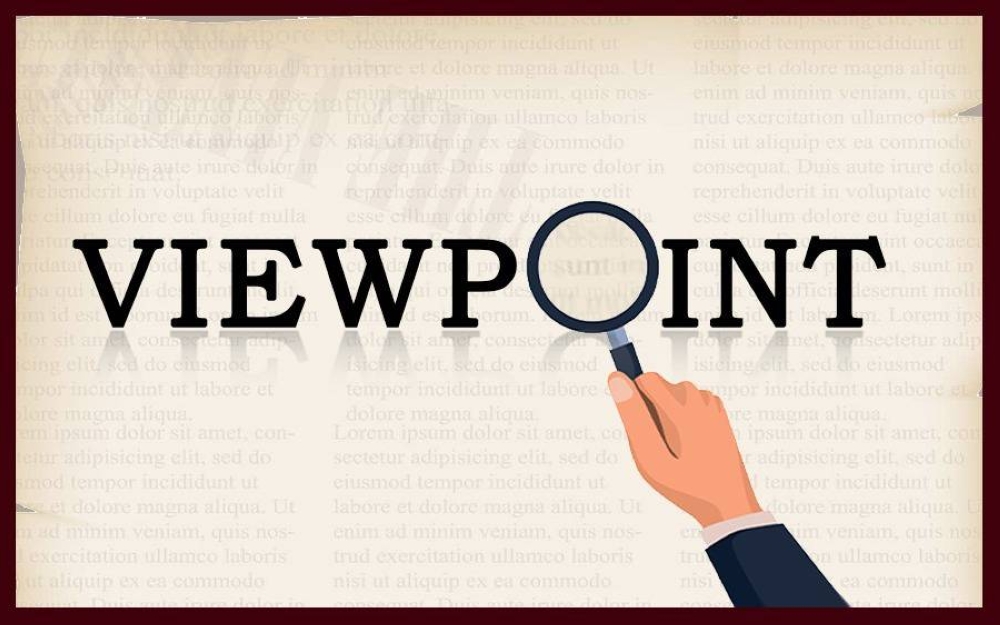Olympic officials are working behind the scenes to contain growing opposition to its plans for Russian and Belarusian athletes to compete at the Paris Olympics as the Ukraine war threatens to rekindle Cold War-era sporting frictions.
Fighting a year-long invasion, Ukraine has reacted with fury to the International Olympic Committee’s (IOC) willingness to let athletes from Russia and its ally Belarus return to international competition for the 2024 Games, albeit as neutrals.
Kyiv’s threat to boycott the Olympics, if Russians are there and the war is still ongoing, has been echoed by one of its staunchest supporters, Latvia, and drawn sympathy from other allies.
“If we need to make a decision now, of course we will not go to such competition,” a Latvian Olympic Committee official told Reuters. “But ... we hope Ukrainian people will win this war, and we will be in a new situation.”
Some 18 months before the competition is due to start, the IOC is desperate to calm the waters. A Games torn asunder by war would be an existential threat to the Olympics and its message of global peace — not to mention a huge hit to income.
“Currently within the IOC, there is a lot of attention now on the Ukraine issue and the Russian athletes and any opposition,” an Olympic movement insider told Reuters on condition of anonymity. “This is a very sensitive issue that requires a lot of the leadership’s attention.”
Though threats to snub the Games have been few and only theoretical so far, they have revived memories of boycotts in the 1970s and 1980s during the Cold War era that still haunt the global Olympic body today.
“A sports boycott serves nothing,” IOC President Thomas Bach said on the 40th anniversary of the 1980 Moscow Games boycott by some Western states. “It’s only hurting the athletes, and it’s hurting the population of the country because they are losing the joy to share, the pride, the success with their Olympic team.”
Protests also have an impact on sponsors and broadcasters, who contribute billions of dollars every four years.
The IOC, host city, and international federations would ultimately benefit if Russian participation was perceived as upholding the Games’ universal and neutral character.
The only way that Russians and Belarusians can actually be stopped from attending would be a French ban, similar to the one Britain issued for the Wimbledon tennis championship last year.
But that looks unlikely.
French President Emmanuel Macron has tried more than counterparts to maintain open channels with Russian President Vladimir Putin. His messaging has been mixed: support and military aid for Kyiv but also periodic calls for security guarantees for Russia when the day to negotiate comes.
The IOC is hoping to get Russian and Belarusian athletes back through Asian competitions including Olympics qualifiers, though it has stressed the autonomy of international sports federations to decide how that would happen.
Olympics officials are hitting the phones both to try to dampen boycott chatter and to see how Russians could compete in Asia, where some nations worry the plan will cost them slots.
Initially, after the invasion, the IOC issued sanctions against Russia and Belarus — including a ban on anthems, emblems or flags — and guidance not to stage international events there.
The IOC had also called for a ban of Russian and Belarusian athletes in international competitions as part of “protective measures” given the volatile situation.
But it has since been seeking ways to get them back, saying athletes should not be punished for their passports.
The clock is now ticking anyway on Russia’s and Belarus’ Olympic participation, as their hundreds of athletes need to qualify, and competing in European events is impossible.
Some qualifiers across the 32 sports are already underway with hundreds of events spread around the world for 18 months.
Russian and Belarus athletes currently compete in some sports, such as tennis, as neutrals, while in others, such as football and athletics, they remain banned. Russians have competed as neutrals with no flag or anthem in the past three Olympics as punishment for state-backed doping.
Ukraine, which says at least 220 Ukrainian athletes and coaches have died in the war, has accused the IOC of offering Russia “a platform to promote genocide”.
And while not repeating such rhetoric, other nations, including Estonia, Poland and Norway, and some sporting figures have voiced opposition to Russian participation.
“Politically and morally wrong,” said Estonian Prime Minister Kaja Kallas. “Sport is a tool in Russia’s propaganda machine, ignoring that means siding with aggression.” — Reuters
Opinion
IOC on spot over Russian presence at 2024 Olympics
Russians have competed as neutrals with no flag or anthem in the past three Olympics as punishment for state-backed doping

